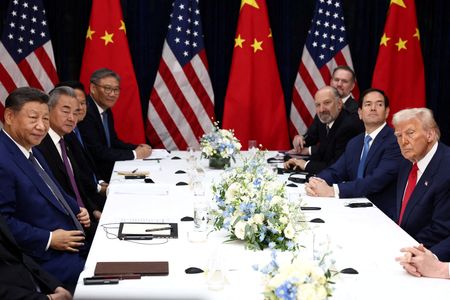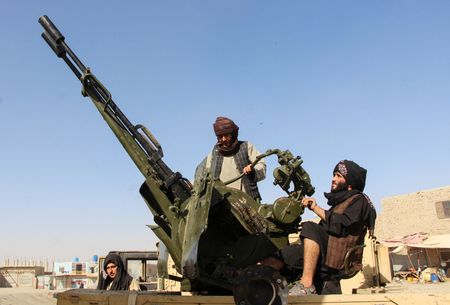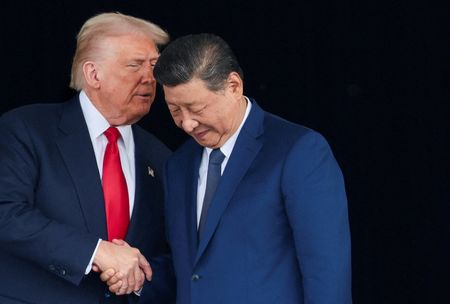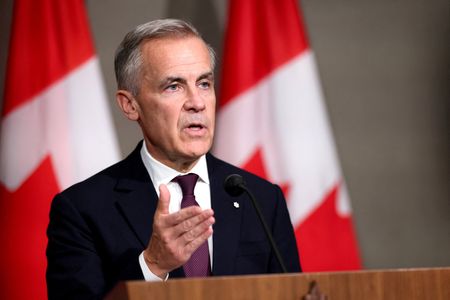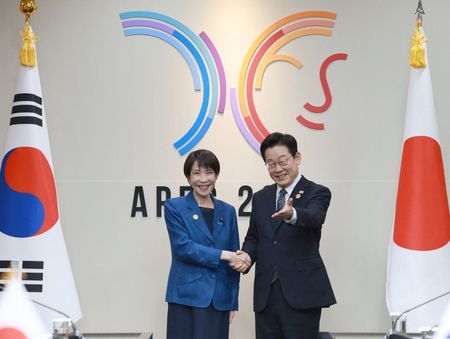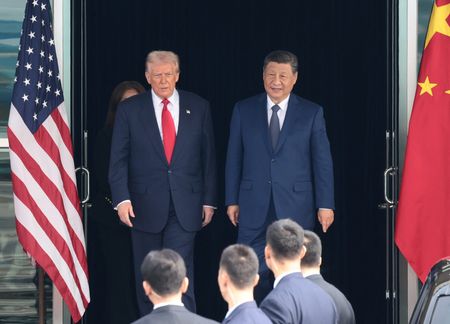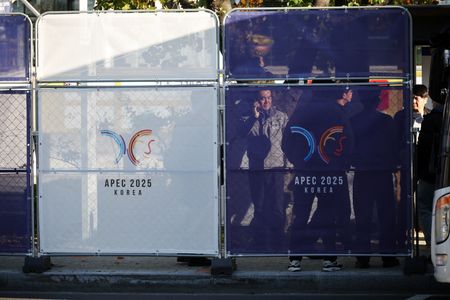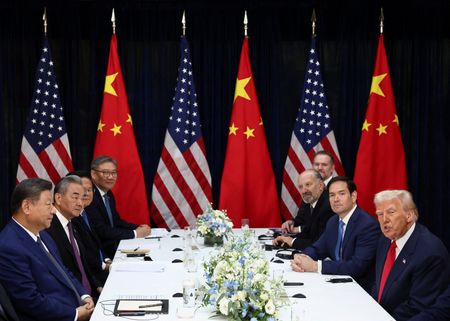By Dmitry Antonov
MOSCOW (Reuters) -Russia said on Thursday that any dialogue with Japan regarding a peace treaty to formally end World War Two could only begin once Tokyo abandoned what Moscow described as a damaging “anti-Russian” stance.
Soviet troops took control of four islands off Japan’s Hokkaido – known in Russia as the Kurils and in Japan as the Northern Territories – at the end of the war and they have remained in Moscow’s hands ever since.
Japan’s new prime minister, Sanae Takaichi, in a speech last week, scolded Russia for its “aggression against Ukraine” but also said that Japan maintains “its policy of resolving the territorial issue and concluding a peace treaty.”
Russian Foreign Ministry spokeswoman Maria Zakharova said she had not seen anything new in the remarks by Takaichi, and that for any progress Tokyo would have to change its tone.
“We have repeatedly stated before that the path to resuming dialogue with Japan will open only after Tokyo actively abandons its anti-Russian course aimed at harming our country and its citizens,” Zakharova told reporters when asked by Reuters about the prospects for a peace deal.
Zakharova said Tokyo’s “unfriendly” policy towards Russia had led relations towards a deadend.
“This unfriendly deadend approach was chosen by the Japanese side, not by us,” Zakharova added.
Russia and Japan had tumultuous relations in the 20th Century: Japan sank most of the Russian fleet and defeated Russia in a 1904-1905 war, and invaded the Russian Far East during the Russian civil war.
Once Nazi Germany was defeated, the Soviet Union declared war on Japan at the end of World War Two and sent troops to take control of the Kuril islands. Tokyo and Moscow signed a 1956 declaration to end their formal state of war but did not sign a peace treaty.
Moscow has argued that the United States and Britain had agreed at Yalta in 1945 that the Soviet Union should receive the southern Kuril islands, but Japan has argued that the four disputed islands are not the Kuril islands and are in fact the Northern Territories.
Japan says the Northern Territories were illegally occupied by the Soviet Union and that 17,000 Japanese residents were forcibly deported from the islands.
Takaichi said in her speech last week that the military developments and other activities of China, North Korea and Russia were a grave concern.
Russian supplies account for nearly 9% of Japan’s total liquefied natural gas imports and Japanese companies Mitsui and Mitsubishi hold stakes in the Sakhalin-2 LNG project in Russia’s Far East.
Takaichi told U.S. President Donald Trump during their meeting in Tokyo that banning Russian LNG imports would be difficult, two Japanese government officials told Reuters on Wednesday.
(Reporting by Dmitry AntonovWriting by Maxim Rodionov; editing by Guy Faulconbridge)


